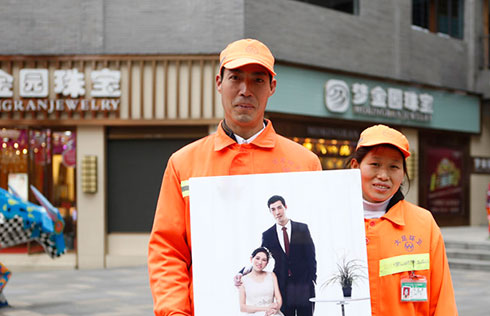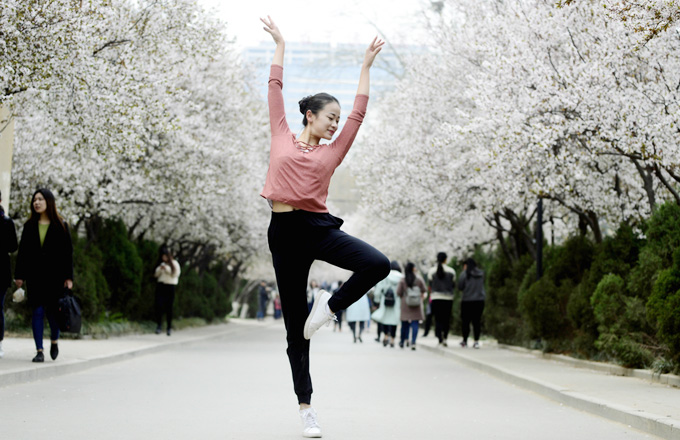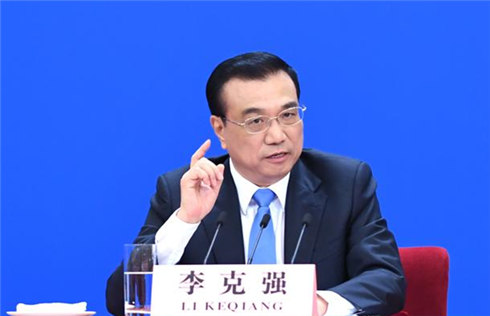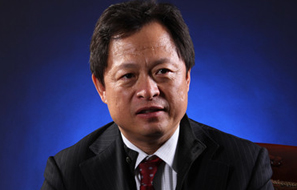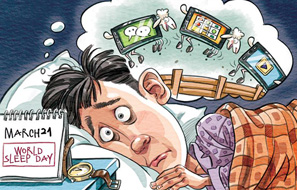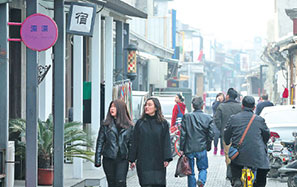Medical care reform to reduce costs
Abolishing drug price markups will see outpatient fees fall by about 5 percent
Patients in Beijing will soon be spending less money on drugs due to a comprehensive medical care reform covering all public hospitals in the capital.
All medical institutions involved in the reform will abolish price markups, usually at a rate of 15 percent, on the drugs they sell to patients, starting on April 8, the Beijing Municipal Commission of Health and Family Planning announced on Wednesday.
The reform covers more than 3,600 medical institutions in Beijing, including all public hospitals, such as those funded by the government, public institutions, State-owned enterprises and the People's Liberation Army, as well as some private medical institutions, Fang Laiying, chief of the commission, said at a news conference.
In addition, all medical institutions will purchase drugs from pharmaceutical manufacturers through open and competitive public bidding, so drug prices will be further reduced, Fang said.
With these measures, the price of drugs sold at these hospitals is expected to be reduced by about 20 percent, said Li Sufang, deputy director of the Beijing Municipal Commission of Development and Reform.
Abolishing drug price markups, which has been a key source of income for public hospitals, has been a major, but thorny, task of China's ongoing healthcare reform that is aimed at a universal coverage of basic healthcare services.
The practice has been adopted by most public hospitals in China since the 1950s to make up for a deficiency in healthcare funding from the government, authorities said.
All public hospitals in China will abolish price markups by the end of this year, the National Health and Family Planning Commission, China's top health authority, said earlier this month.
Drug price markups result in serious problems such as "encouraging medical institutions to use more drugs and more expensive drugs, which results in a rapid rise of medical costs and increased burdens for both the government's medical insurance fund and patients", Fang said.
Beijing started to pilot abolishing drug price markups in five public hospitals in 2012, he said.
Income from drug sales accounted for about 33 percent of the total income for those hospitals last year, compared with 43 percent in 2012, according to the Beijing Municipal Commission for Health and Family Planning.
To make up for revenue losses in drug sales, hospitals involved in the reform will increase the prices of some of the services they provide, such as surgery and nursing as well as traditional Chinese techniques such as acupuncture, Fang said.
Meanwhile, fees for checkups that involve the use of expensive machinery will be reduced, he said.
It is estimated that the cost of treatment per outpatient will be reduced by about 5 percent, while there will be an increase in price of 2.5 percent for inpatient treatment, said Li from the Beijing Municipal Commission of Development and Reform.
Zhu Hengpeng, a researcher in healthcare reform at the Chinese Academy of Social Sciences, said abolishing drug price markups is vital for healthcare reform.
"However, more support policies are needed, such as encouraging competition in the medical industry, and reforming the current payment system for medical insurance for public hospitals to ensure better cost control."


